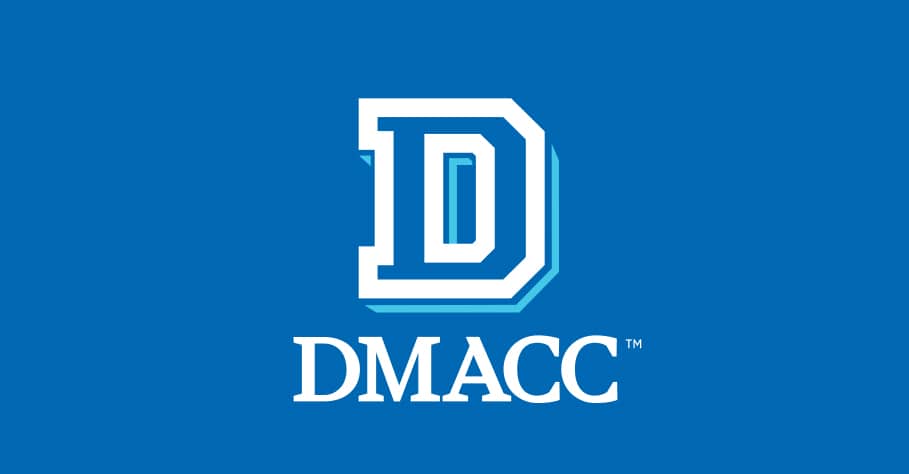Lessons in leadership
Suku Radia and three other business leaders share what they've learned from their mistakes

Mistakes. They can be hard to admit to. Some can have wide-ranging consequences that can take days, months or even years to overcome.
“Mistake” isn’t typically a word that business leaders want to hear associated with their leadership. But understanding and learning from those mistakes can be valuable.
“There’s a lot of stuff out there about how to be a good leader, and probably not nearly enough about what to avoid,” said Jeff Hannah, founder of Leadership Cocktail.
The Business Record asked four area leaders to share what they have learned from a mistake they’ve made.

President and CEO, Bankers Trust Co.
Scenario
Radia’s family was exiled from Uganda during the regime of Idi Amin when Radia was in Iowa for college. His family, who were very wealthy, lost everything in taking refuge in the United Kingdom. The terrible situation shaped Radia’s philosophy on life and the way he conducts business.
The mistake
Radia is risk-averse, and acknowledges “I may be overly risk-averse.” Even though deep down he considers himself an entrepreneur, he is still very hard-pressed to take risks. “My background is such that, when you’ve had everything taken away from you, you don’t want to lose it again,” he said.
The outcome
Radia said that although it’s hard to tell the direct impact that his risk-aversion has had on his career, it is entirely possible that his nature has led to lost opportunities. When an acquisition opportunity comes along, his nature is to be skeptical. So far, he said, Bankers Trust Co. has grown so well organically that his risk aversion hasn’t had a negative effect.
What did you learn from it?
“I think I would probably say to a younger person, it is OK to take some degree of risk. And it is OK to take more risk than I did. I’m comfortable saying that. The reason I’m comfortable saying that is because of the fact that you have to explore every opportunity to determine whether it’s a real opportunity or not. And I can’t sit here and say that I have always done that.”

President and CEO, Iowa Health System
Scenario
Leaver was running a small hospital in the Detroit market that needed an obstetrician. He interviewed a candidate who was well-qualified on paper. Something, Leaver said, didn’t feel right about hiring the candidate.
The mistake
Leaver talked to another doctor who had helped in the interview process. That doctor also had a bad gut feeling. Leaver, who now says that the most disruptive mistakes in his career have been based on people decisions, decided to hire the candidate anyway.
The outcome
“He was a disaster,” Leaver said. “The temperament was horrible; his judgment was horrible; he wasn’t a good team player.”
What did you learn from it?
“If I’m not sure, then I don’t make the decision when it comes to people. And in this instance, had I listened to my gut, I would not have hired him. I would encourage (people) to really, especially when you are making pretty important decisions like people decisions – yeah, you’ve got to be objective and all that stuff – but there’s a subjective part of that. Do you feel comfortable? Is your gut telling you it’s the right thing?”

Des Moines City Council member; retired regional community affairs officer, Bank of the West

Attorney, Belin McCormick P.C.
Scenario:
In the mid-2000s, community leaders tried to pass a 1 percent local option sales tax increase for Project Destiny, while lowering property taxes. The project was launched to try to improve city attractions, and leaders said it would ultimately make Greater Des Moines a better place in which to live. If passed, it would have raised approximately $75 million per year over 10 years.
The result:
The tax increase was voted down in convincing fashion. “We thought we were being strategic. We were using what we thought were state-of-the-art tools,” Zumbach said. “We were wrong. We lost.”
The mistake
“I think in Project Destiny that we were trying to be all things to all people … you just can’t do that,” said Hensley. She said the plan was too complicated, too complex and became overwhelming to the public. And there was a general distrust of the government in how the money would be spent. “We didn’t make a case for why we should be charging the additional 1 cent,” she said.
What did you learn from it?
“My sense is what it underscores is there’s a real distrust in government. We need to build up that trust, and we need to demonstrate that we’re good stewards locally.” Hensley says she also learned that a way to deal with criticism effectively is to pick up the phone or meet face-to-face, rather than get in email battles. “People say things (when using email) that they normally wouldn’t say if they were talking to you in person or over the phone. So I guess the bottom line there is increasing communication, not necessarily with social media, but in a person-to-person fashion.”
The mistake
Mistake No. 1, Zumbaugh said, was not understanding the community’s anti-tax sentiment. Zumbach prides himself in keeping up with “sea changes” but failed to understand how strong the anti-tax sentiment was. The second mistake, he said, was not counting on the power of the Internet. Des Moines leaders, Zumbach said, were using what they thought were state-of-the-art polling methods to figure out how to structure the proposal. But an opponent of the tax increase launched a website speaking out against it, which gained traction. Proponents of Project Destiny were caught flat-footed. Zumbach says Project Destiny should have had an online campaign, and leaders should have been willing to look at the newest methods of reaching the public.
What did you learn from it?
“Never ever be comfortable that you’ve got it. People get comfortable with decision-making. They want an answer. Never be comfortable. Never rest. Never quit thinking in your problem-solving. Kind of an unpleasant way to live life if you’ve never got it, if you’re always thinking. But that’s how you win. That’s the way you find answers that others don’t find.”










